Illustration: Trump’s mix of soft and hard tactics leaves China disoriented. (Qingyu/People News Illustration)
[People News] In the month since President Trump’s inauguration, he has launched a series of strategic moves against China. Whether employing diversionary tactics or leveraging other forces, Trump’s actions are not necessarily the result of a well-crafted strategy or sophisticated political maneuvering. Rather, it is because China’s behavior has been so malevolent, spreading chaos and manipulative schemes worldwide, that any of Trump’s actions inevitably hit at China’s misconduct.
Russia-Ukraine Ceasefire Talks
Last week, the U.S. sent Secretary of State Rubio, National Security Advisor Mike Waltz, and White House Middle East Envoy Steve Witkoff to Saudi Arabia for direct peace talks with Russia and Ukraine to negotiate a ceasefire. Perhaps learning from the failed six-party talks with North Korea—which expended substantial resources yet resulted in Kim Jong-un continuing missile tests—the U.S. bypassed China for these three-party negotiations. Following Trump’s hour-long phone call with Putin, this was another direct interaction between the U.S. and Russia. For China, this move was both unexpected and disheartening, as it had hoped to mediate between its "friends." Now, China may feel it has lost a tool to manipulate regional disputes and distract U.S. attention. Additionally, China is likely anxious about the potential erosion of its relationship with Russia.
In an attempt to drive a wedge between Europe and the U.S., China expressed at a recent artificial intelligence conference in Paris its desire to share technology with Europe for the "common good of humanity." Beijing also hinted at concessions on the electric vehicle issue, a major point of contention with the European Union. From February 14-16, at the Munich Security Conference, China lobbied various European countries to support its version of a Russia-Ukraine ceasefire plan, even proposing to send "peacekeeping troops" (Chinese military) to the region under the guise of being a "guarantor." Chinese diplomat Wang Yi met with leaders and high-level officials from Germany, France, the EU, NATO, and Ukraine, trying to persuade them to back China’s proposal.
According to media statistics, Wang Yi met with 13 leaders and senior diplomatic and security officials from Europe, the Middle East, and South America over two days starting February 14, with 10 of them from Western and Eastern Europe. Nine of the 13 discussions focused on the Russia-Ukraine issue. On February 15, Wang met again with Ukraine’s foreign minister in an attempt to mend strained relations with Europe over the past three years. During meetings with the EU’s High Representative for Foreign Affairs and Security Policy, Karas, and NATO Secretary General Rutte, Wang claimed that Beijing supported Europe playing a significant role in the Russia-Ukraine peace process. He emphasized that China and Europe had no fundamental conflicts of interest or geopolitical disputes and expressed Beijing’s desire to strengthen strategic communication with Europe—a clear effort to curry favor with Europe.
However, analysts believe China’s divide-and-conquer tactics will ultimately fail. The reason lies in the fundamental differences in values and political systems between the West and China. In terms of regional peace and development, the U.S. and Europe share common interests. On the Russia-Ukraine issue, the U.S. and Europe prioritize NATO’s interests, treating it as an internal matter, while they view China as an adversary. The EU may occasionally leverage China for certain advantages, but overall, it will not align itself with China’s agenda.
U.S.-Japan “New Golden Era”
The Chinese Communist Party (CCP) originally believed that Trump’s presidency would weaken the U.S.-Asian alliances established during the Biden era, particularly with Japan and India, potentially bringing them closer to China. However, on the 18th day of Trump’s presidency, Japanese Prime Minister Shigeru Ishiba visited the U.S. for a summit, resulting in a joint statement affirming the two nations’ commitment to maintaining a free and open Indo-Pacific region. They pledged to bring peace and prosperity to a world marked by ongoing violence and turbulence while pursuing a "new golden era" of U.S.-Japan relations. This visit also coincided with China’s invitation for Ishiba to attend the Asian Winter Games on the mainland—effectively a public snub to the CCP.
The joint statement delivered another blow to China. It emphasized that both leaders opposed any attempts to unilaterally change the status quo through force or coercion, while supporting Taiwan’s meaningful participation in international organizations.
This left the CCP humiliated, especially since Taiwan had become its final "red line" after years of drawing boundaries with the U.S. under Biden. Trump and Ishiba effectively told the CCP that any efforts to alter the status quo in Taiwan—through military intimidation, cyberattacks, economic sanctions, or infiltration—were unacceptable. Furthermore, they supported Taiwan’s membership in international organizations.
The U.S. and Japanese media praised the elevation of the bilateral relationship to a "new golden era." In Beijing, the CCP reportedly expressed frustration at its diplomats, questioning their belief that Trump, as a businessman, could be negotiated with: "Well, go make deals with him now!"
Moreover, on February 15, the foreign ministers of the U.S., Japan, and South Korea held a trilateral meeting at the Munich Security Conference (MSC), issuing a joint statement supporting Taiwan’s participation in international organizations. The U.S. State Department also removed the phrase "we do not support Taiwan independence" from its statements and added language about supporting Taiwan’s membership in "appropriate" international organizations. This move clearly signaled an intention to challenge China’s final red line.
Adding to China’s frustration, Canada also stepped in. Following the passage of the U.S. destroyer USS Johnson and the ocean survey ship USNS Bowditch through the Taiwan Strait, Canada sent its own warships through the strait. This gave the CCP the impression that "Western nations are united in supporting Taiwan independence."
What can the CCP do? It is out of tricks and can only rely on its old tactics: loud accusations and grandstanding, pretending to be powerful with slogans like “Taiwan is a part of China,” “disrupting peace and stability in the Taiwan Strait,” “interfering in China’s internal affairs,” “Taiwan independence relying on foreign support,” “the U.S. is unreliable,” “high vigilance and resolute countermeasures against all threats and provocations,” “sending serious wrong signals to Taiwan independence forces,” “using Taiwan to contain China,” and “strong dissatisfaction and resolute opposition.”
These impatient, fearful, and powerless slogans not only fail to achieve their goals but also expose the truth to the world: the mainland is actually part of the Republic of China! It turns out that only the CCP engages in “mainland independence” and “party independence.” It is the CCP that has always been interfering in other countries’ internal affairs, and the true inheritor of Chinese heritage is the Republic of China. The CCP itself is the real anti-China force.
Establishment of White House Office of Faith
On February 7, President Trump signed an executive order establishing a White House Office of Faith, empowering religious entities, community organizations, and places of worship to better serve families and communities. He instructed all federal agencies to appoint a "faith liaison" within 90 days to uphold religious freedom and combat religious discrimination.
Two days earlier, Vice President Vance announced at the 2025 International Religious Freedom Summit that the Trump administration was committed to protecting and promoting religious freedom domestically and abroad, emphasizing its importance in U.S. foreign policy.
This was interpreted as a significant move by the U.S. government, signaling a religious challenge to the CCP.
The CCP is an atheistic cult that combines totalitarian politics with extremist beliefs. Karl Marx’s Communist Manifesto advocates for violence and destruction, which the CCP claims was inherited and developed through Leninism, Stalinism, and Mao Zedong Thought. Leninism, in essence, means slaughter and revolution; Maoism promotes struggle against nature, humanity, and religion, as well as opposition to traditional Chinese culture and spiritual beliefs. The CCP later developed the so-called "Deng Xiaoping Theory" and "Three Represents" under Jiang Zemin, but these are contradictory, deceptive ideologies that serve only to justify the CCP’s rule.
The CCP’s doctrine, from equality and resource distribution to socialist utopias, stands in direct opposition to universal values, traditional culture, and spiritual faith.
The U.S. has chosen to confront the CCP’s party culture by championing religious freedom. This is expected to be a historic and comprehensive showdown between the U.S. and the CCP. The U.S. now categorizes countries as either supporting or suppressing religious freedom—a critical move by Trump to protect Western liberties.
Since the CCP seized power on the mainland from the Republic of China in the 1940s, it has forced party ideology on all citizens and relentlessly persecuted religious freedom. The persecution of Falun Gong, launched in 1999 under Jiang Zemin’s leadership out of jealousy toward its spiritual practices, has inflicted immeasurable harm on humanity’s return to tradition and moral restoration.
Now, the U.S. has struck the CCP at its core by targeting its control over faith. This move is what the CCP fears most because it knows it cannot respond without exposing itself. It dares not openly address the issue, as any attempt to do so would only prompt deeper reflection and spiritual awakening among the public.
The CCP’s true fear of the U.S. does not lie in technology, economics, or military power. The CCP has always been willing to compete in those areas. What it fears most is the comparison of faith and values. Faith is the reason the CCP truly dreads the U.S.

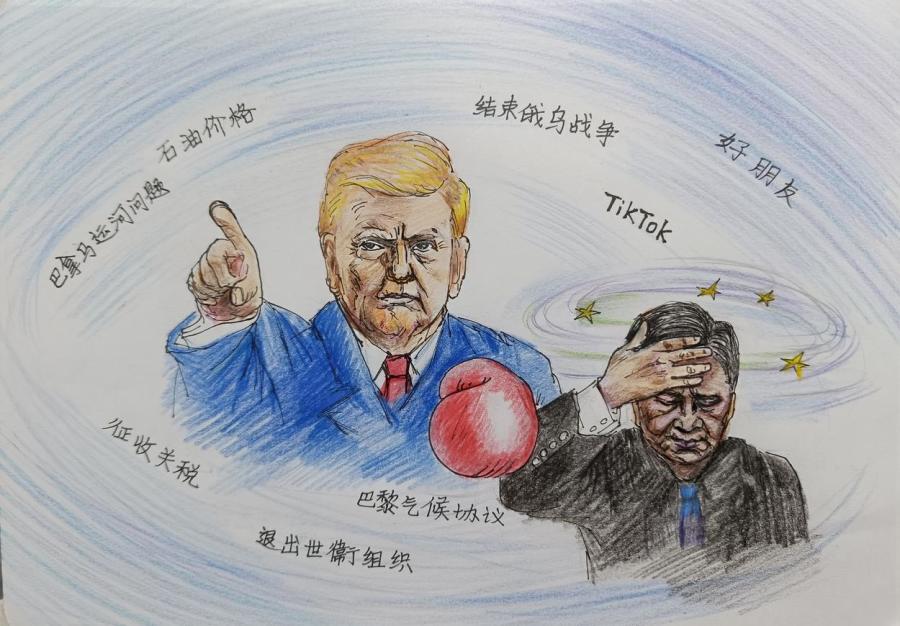
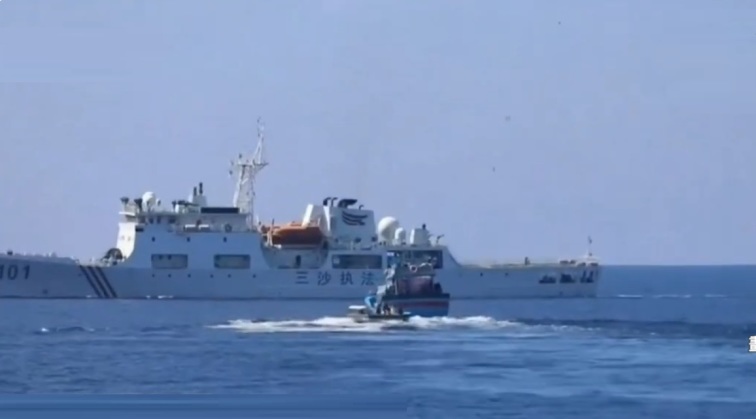
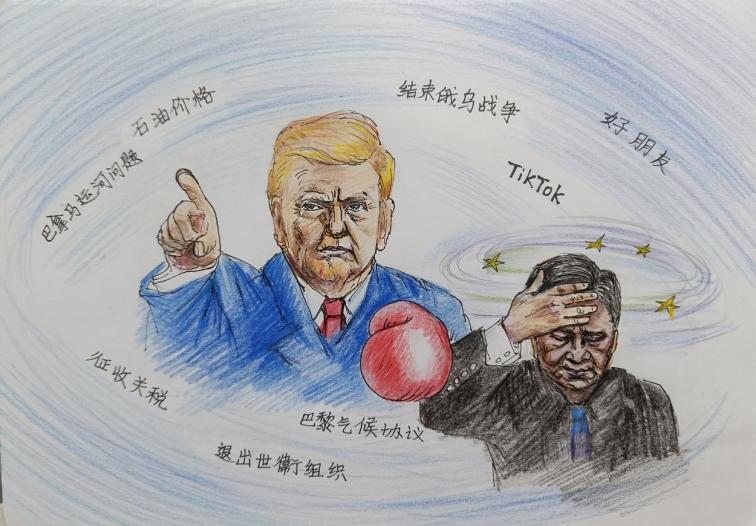

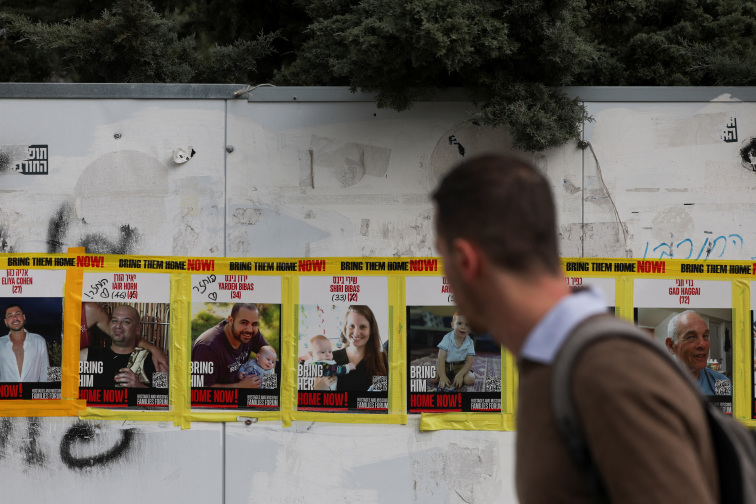
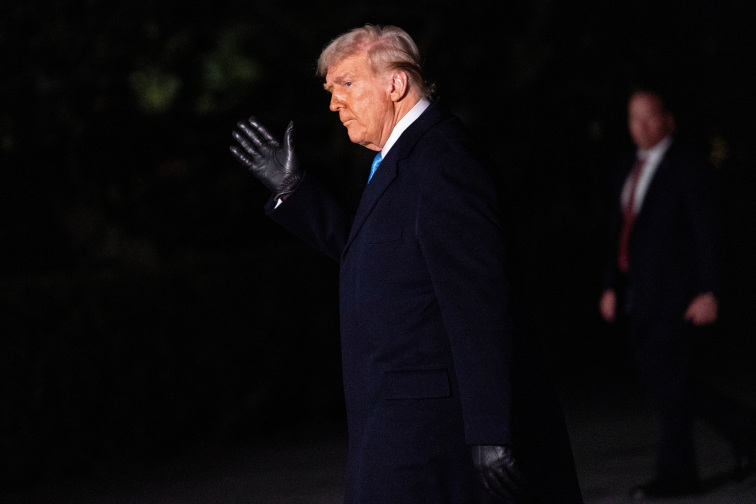
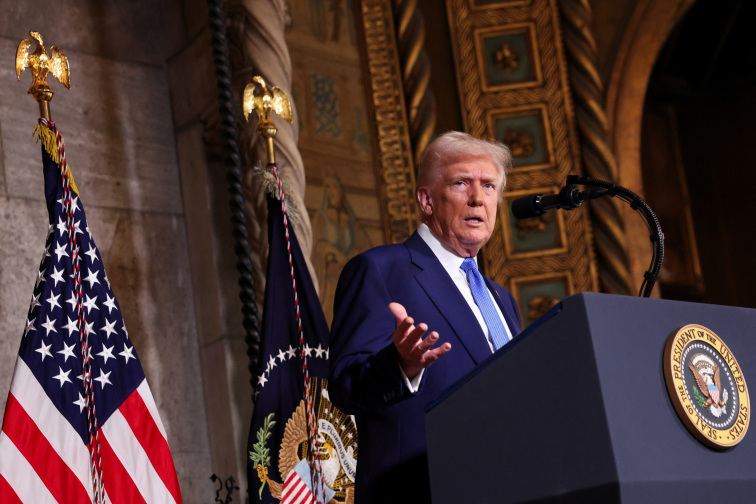
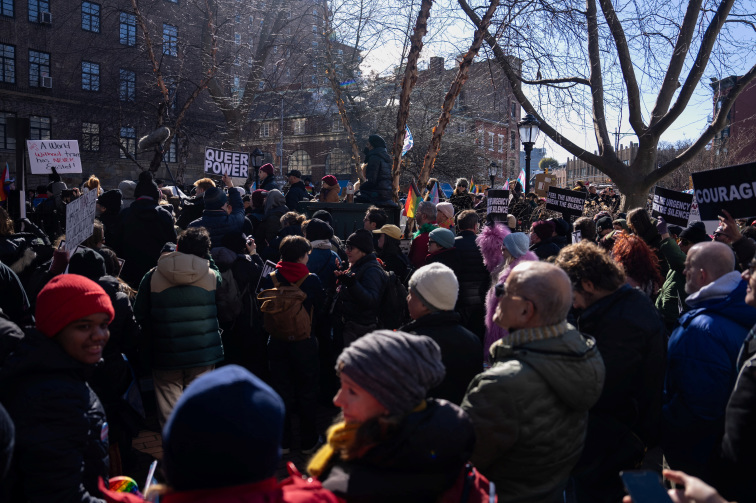


News magazine bootstrap themes!
I like this themes, fast loading and look profesional
Thank you Carlos!
You're welcome!
Please support me with give positive rating!
Yes Sure!